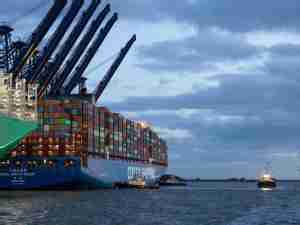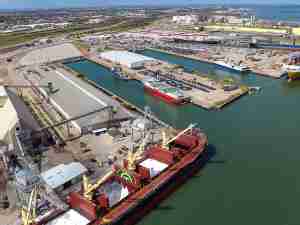The previous contract between the Pacific Northwest Grain Handlers (PNGH) and the International Longshore and Warehouse Union (ILWU) expired on Sept. 30, although talks continued after that date. A federal mediator was brought in, but the two parties have yet to come to a deal.
The grain companies has been meeting and were expected to issue a statement after the meeting, a PNGH spokesman said.
The ILWU wants to continue negotiations and cannot schedule a membership vote on the contract until at least Dec. 21, industry sources familiar with the negotiations said.
A spokeswoman for the ILWU in the talks was not available for comment.
The PNGH is a consortium representing six of the region's nine bulk grain terminals which operate under a single collective bargaining agreement with the ILWU.
Two of those terminals, one owned by Louis Dreyfus and one owned by Temco, a joint venture by Cargill and CHS, lie on the Puget Sound.
The other four are along the Columbia river in Portland, Oregon, and Vancouver, Washington. They are owned by Louis Dreyfus; Temco; United Grain, a subsidiary of Mitsui & Co; and Columbia Grain, owned by Marubeni Corp.
The companies represented by the PNGH want the new contract to include concessions on some work rules that they say put their six facilities at a competitive disadvantage to the other grain terminals in the region, which operate under more recently negotiated contracts.
If an agreement cannot be reached, the grain companies may lock out union employees and bring in replacements, which would keep grain moving but could impact grain loading and handling efficiency at the terminals, industry sources said.
A strike appeared less likely as the union has said it does not believe the contract talks have reached an impasse.
About 25 percent of U.S. grain and oilseeds exit the country via the Pacific Northwest, the second largest grain port range after the U.S. Gulf Coast and the most direct shipping route for U.S. grains bound for Asia. (Reuters)

_-_28de80_-_939128c573a41e7660e286f3686f2a6e25686350_yes.jpg)








